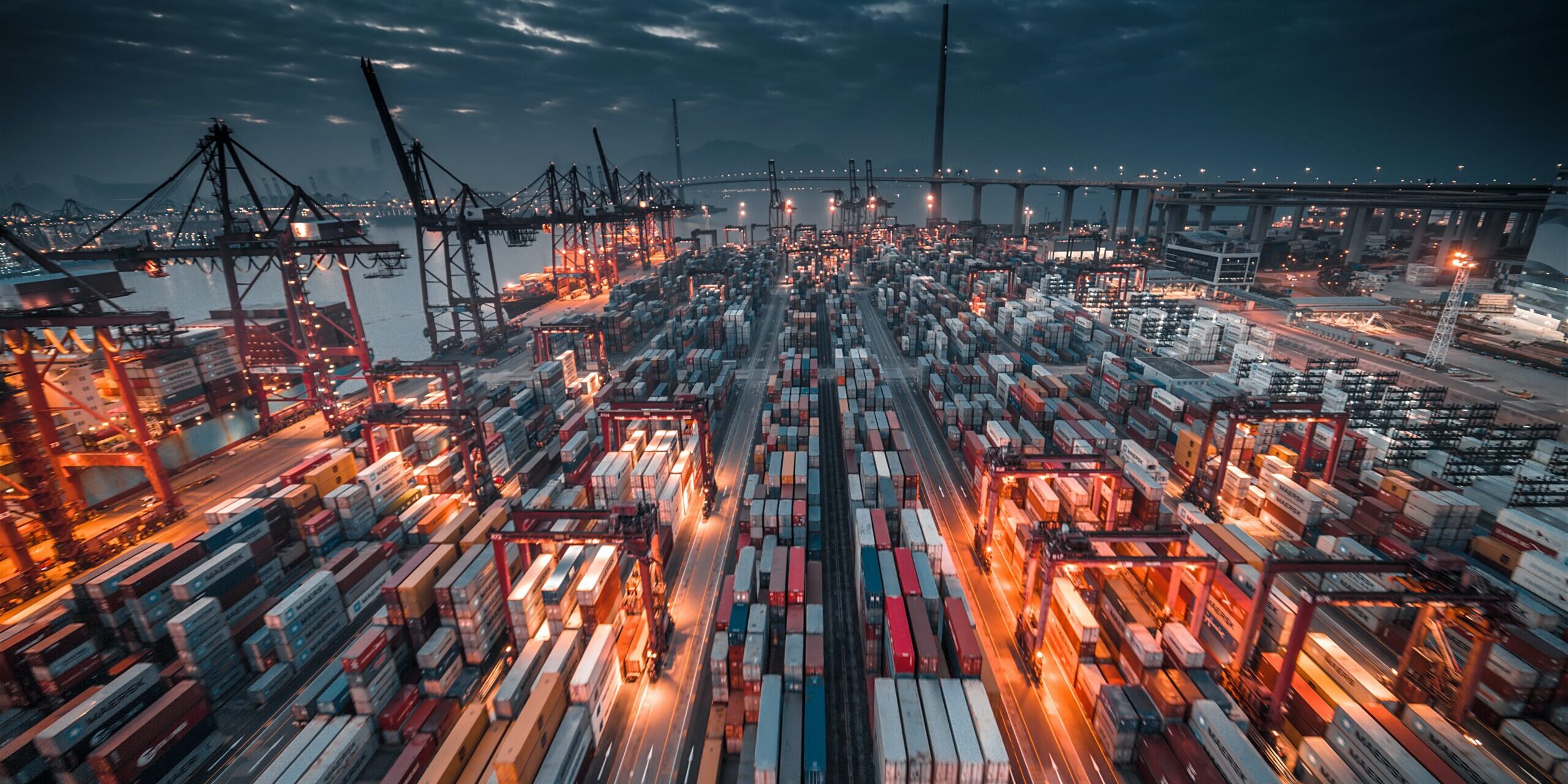In a noteworthy development, Korea and the European Union (EU) have affirmed their commitment to enhancing collaboration in critical areas such as batteries, semiconductors, and advanced industries. This decision follows an announcement by Seoul’s industry ministry during the inaugural meeting of the supply chain and industrial policy dialogue, conducted via teleconference.
The meeting, attended by Korea’s First Vice Industry Minister, Jang Young-jin, and Kerstin Jorna, the EU’s Director-General for Internal Market, Industry, Entrepreneurship, and SMEs, stems from a joint agreement in May. The goal is to expand discussions on industrial policy and address various economic security concerns, particularly in the context of evolving uncertainties in global supply chains.
During the dialogue, both parties shared policy measures aimed at monitoring and responding to disruptions in supply chains. They explored opportunities for increased cooperation in supply chains related to eco-friendly vehicles, hydrogen, wind power generation, batteries, semiconductors, and other advanced sectors.
A key point of discussion involved Korea’s request for the EU to consider the perspectives of Korean companies in implementing its battery regulation, which came into effect in August. The regulation aims to minimize the carbon footprint of batteries, reduce harmful substances, and ensure efficient recycling and reuse. The EU is currently working on secondary legislation to provide detailed rules.
Jang also sought EU involvement in Korea’s “Carbon Free Alliance” initiative, proposed by President Yoon Suk Yeol at the U.N. General Assembly in September. This initiative advocates for the widespread adoption of nuclear power and green hydrogen as future energy sources to achieve carbon emission reduction objectives.
Emphasizing the interconnectedness of supply chains between Korea and the EU, Jang highlighted the importance of strengthened cooperation in responding to crises and advancing industrial development. He expressed a commitment to maintaining active communication through the ongoing dialogue.
This collaboration between Korea and the EU has the potential to enhance supply chain resilience and bolster economic security in an increasingly complex global landscape, with benefits extending beyond their borders.







